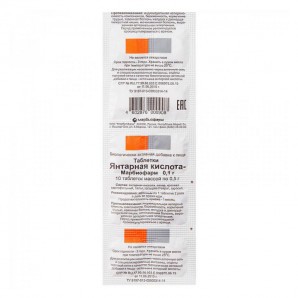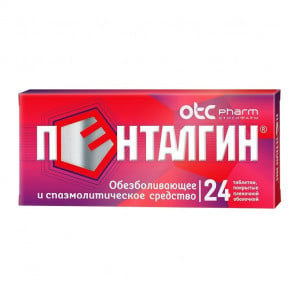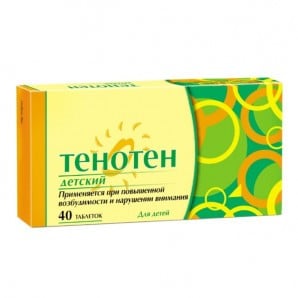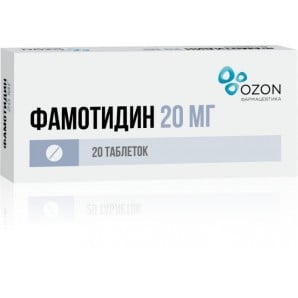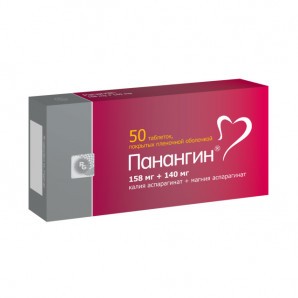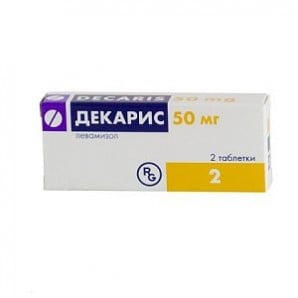This information is for general purposes only and should not be considered as medical advice. Always consult with a qualified healthcare professional for any medical concerns or questions you may have.
Senna-D is a popular over-the-counter medication commonly used to relieve constipation. It is important to understand the ingredients, indications, precautions, and potential side effects of Senna-D before using it. This article provides a comprehensive overview of this medicine for informational purposes. Note: This article is for informational purposes only and should not be considered medical advice.
Ingredients and Composition
Senna-Plus contains two key ingredients: sennosides and docusate sodium. Sennosides are natural compounds found in the leaves and pods of the senna plant. They work by stimulating bowel movements and relieving constipation. Docusate sodium, on the other hand, is a stool softener that helps ease bowel movements by increasing the amount of water absorbed into the stool.Indications and Uses
Senna-D is mainly used to provide short-term relief from constipation. It is also sometimes used to prepare the bowels for medical procedures or surgery. However, it should not be used for long-term treatment of constipation without consulting a healthcare professional.Precautions and Side Effects
While Senna-Plus is generally safe for short-term use, there are certain precautions and potential side effects to consider. It should be avoided by individuals with known allergies to senna or docusate sodium. Long-term use of Senna-Plus may lead to dependence on laxatives and decreased bowel function. Common side effects may include stomach cramps, diarrhea, and electrolyte imbalances.Conclusion
Senna-Plus is a popular and effective option for relieving constipation, but it should be used with caution and under the guidance of a healthcare professional. Understanding its ingredients, uses, precautions, and potential side effects is crucial for safe and effective use.Additional Information
| SKU | 2147 |
|---|---|
| Brand | Generic |
| Size | No |
| Manufacturer | No |
- Be the first to review this product
Write Your Own Review
Products on sale
Exoderil cream 1% 30g
Regular Price: $50.99
Special Price $34.99
Activated Charcoal #10
Regular Price: $3.99
Special Price $2.50
Tavegil tablets 1mg №20
Regular Price: $20.99
Special Price $17.99
Oxolin Oitment 0.25 % 10g
Regular Price: $9.99
Special Price $7.90
Askorutin FST pills №50
Regular Price: $9.49
Special Price $8.99
Novo-Passit 30 tab
Regular Price: $32.99
Special Price $24.99
Taufon eye drops 4% 10ml
Regular Price: $16.99
Special Price $10.99
Furosemide tablets 40mg №50
Regular Price: $9.99
Special Price $8.99
De-Nol tablets 120mg №56 Denol
Regular Price: $47.99
Special Price $39.99
Also Purchased










